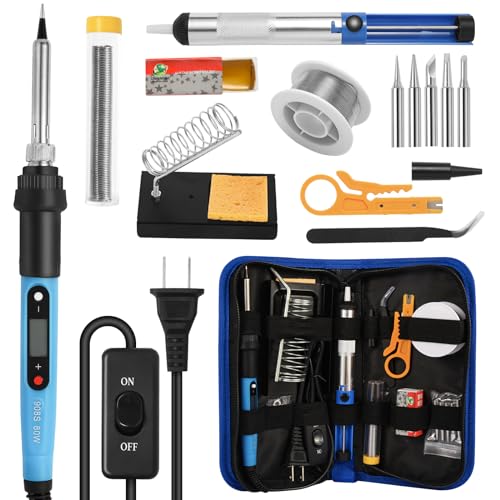living sounds
Well-known member
VST/DX Plugins for some reason always sound mushy to me, lacking definition. The old Sawstudio, coded in assembler and working at 24 bit integer didn't. I always had a hunch that there's something wrong with the plugin formats. Plugins that used VST nly for input/output (like the old ZynaddsubFX synth plugin) sounded much better. An artist I know did everything in Reason, which has (or at least had 10 years ago) it's own propriatory platform made entire compositions in it that sound stellar, too...
I don't know, I have since transitioned to hardware for everything but recording and the most basic levelling/automation tasks. I especially dislike plugins that do real time up/down-sampling, which to my ears sucks the life out of any signal.
Here's a comparison between a 480L (connected digitally) and the relab 480l plugin. Judge for yourself.
https://www.youtube.com/watch?v=z6vieI5i-UI
I don't know, I have since transitioned to hardware for everything but recording and the most basic levelling/automation tasks. I especially dislike plugins that do real time up/down-sampling, which to my ears sucks the life out of any signal.
Here's a comparison between a 480L (connected digitally) and the relab 480l plugin. Judge for yourself.
https://www.youtube.com/watch?v=z6vieI5i-UI























